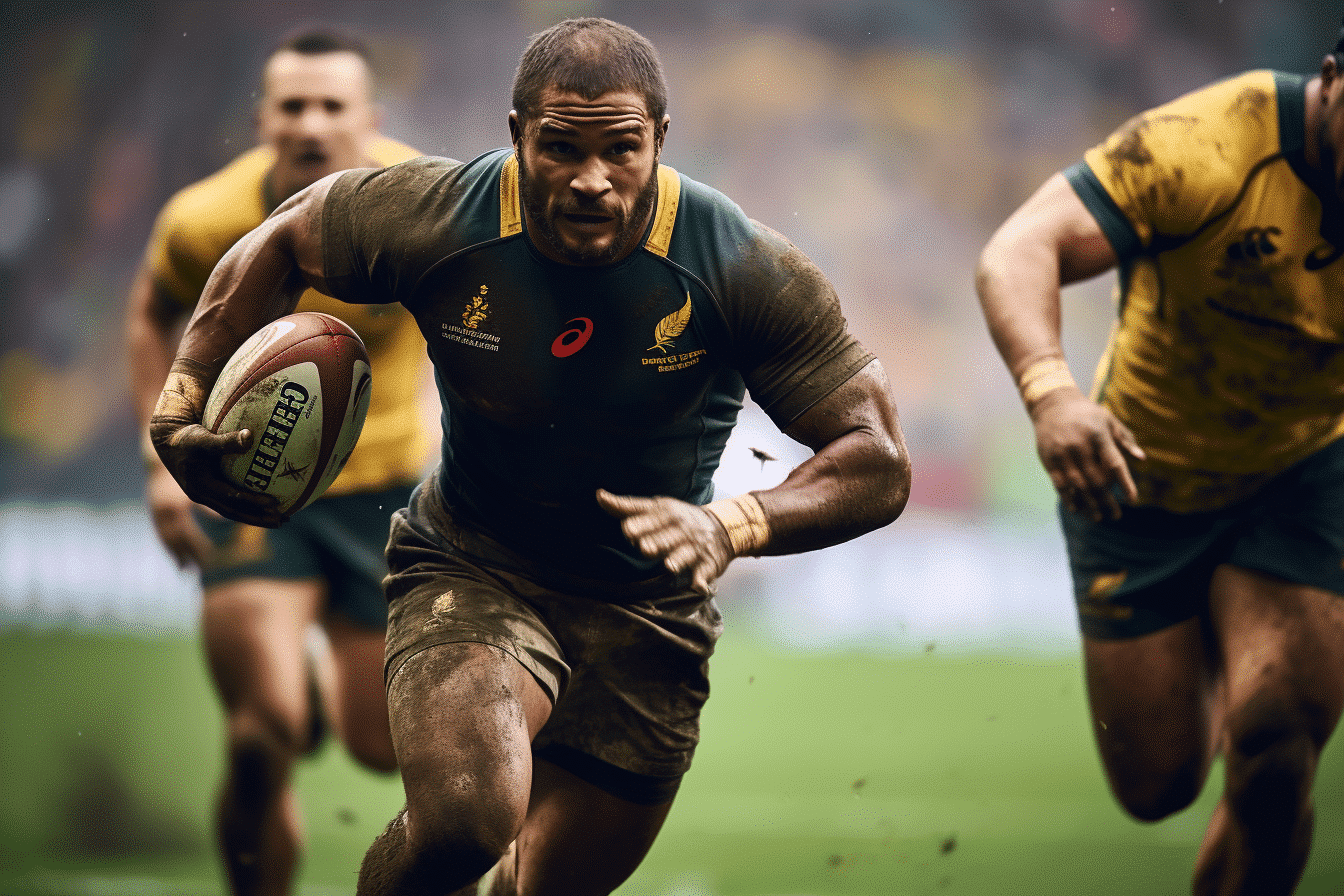In a groundbreaking move to prioritize player safety, the world of rugby is set to implement smart mouthguard technology aimed at detecting potential brain injuries during matches. This advanced technology will measure the force of head impacts in real time and send alerts to an independent matchday doctor, signaling a high level of acceleration that could lead to injury.
World Rugby, the global governing body for the sport, has committed 2 million euros ($2.1 million) to support unions, competitions, and clubs in adopting this revolutionary safety measure. The technology is scheduled to make its debut in the inaugural edition of the WXV, the global women’s competition, later this month, and will be fully integrated into the Head Injury Assessment (HIA) process starting in January.
Elite rugby players will be mandated to wear these smart mouthguards not only during matches but also in training sessions. This comprehensive approach will enable coaches to tailor drills, tackle skills, and training loads for individual players, providing the best possible support for their performance and welfare.
The objective behind this move is indeed to reduce the forces players experience on their heads at all levels of the game, as supported by the latest scientific research and expert opinion, according to Eanna Falvey, World Rugby’s chief medical officer.
This initiative marks a significant shift as smart mouthguard technology moves from the realm of medical research to becoming an integral part of everyday performance management. It underscores the sport’s commitment to prioritizing player welfare and safety.
World Rugby’s independent Concussion Working Group strongly recommends that all players, regardless of their level, wear these mouthguards. They cite research from the world of ice hockey, which has demonstrated that mouthguards not only protect against dental injuries but also reduce the risk of a concussion by 20%.
At the grassroots level, where the sport is often played for the love of the game, players diagnosed with a brain injury will be required to take a minimum 21-day break from play. This precaution aims to safeguard the health and well-being of rugby enthusiasts from all walks of life.
The move to implement smart mouthguards in rugby comes amid growing concerns about player health, from elite athletes to grassroots participants. The long-term effects of repeated head impacts have raised significant questions about the sport’s safety protocols.
Notably, this development occurs against the backdrop of a lawsuit filed by former international rugby players against governing bodies, including World Rugby. These players contend that rugby authorities failed to take reasonable action to protect them from repeated blows to the head during their careers. The adoption of smart mouthguard technology represents a proactive step toward addressing such concerns and safeguarding the future of the sport.
In embracing this innovative technology, rugby is not only enhancing player safety but also setting a standard for sports worldwide. It marks a transformative moment that places player welfare at the forefront, ensuring that the sport can be enjoyed by generations to come.




